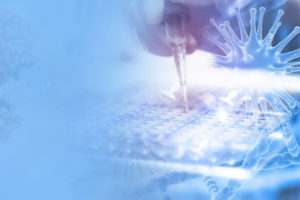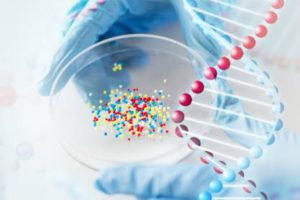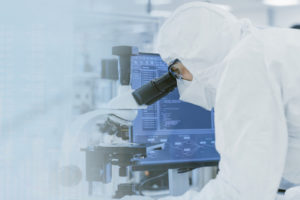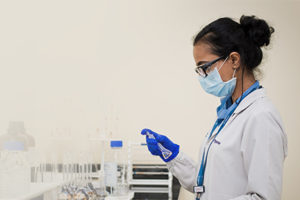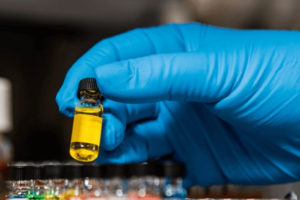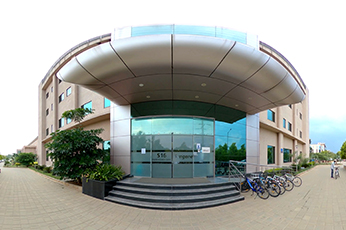Fast and accurate in silico toxicity predictions
Our computational toxicology services complement in vitro and in vivo toxicity tests that help in early toxicity predictions to reduce the drug attrition rate further down the discovery-development continuum. With the addition of computation tox capabilities, Syngene now offers toxicology services that are seamlessly integrated into chemistry and chemical development.
Scientists at Syngene are equipped with DEREK Nexus® and SARAH Nexus® toxicology modeling tools to deliver fast and accurate toxicity predictions, and statistics-based Ames mutagenicity predictions. Together, they meet the ICH M7 guidelines which require that a computational toxicology assessment be performed using two complementary (Q)SAR methodologies, one which is expert rule-based, and the other, statistical-based. Syngene’s services also follow the validation principles mandated by the organization for economic co-operation and development (OECD).
Capabilities
Syngene offers both standalone computational toxicology services, as well as integrated programs that deploy our in silico tools as part of chemical discovery/development engagements. As a result, we can predict potential toxicity for most toxicological endpoints, including:
- Carcinogenicity
- Mutagenicity
- Genotoxicity
- Skin Sensitization
- Teratogenicity
- Irritation
- Respiratory Sensitization
- Reproductive Toxicity
Our computational toxicology services are available across a wide range of applications:
- Screening and compound profiling
- Bacterial mutagenicity screening
- Potential Mutagenic Impurities (PMI) assessment
- Skin sensitization assessment
Tools & Methodology
DEREK Nexus® is a software platform that can be used to generate endpoint predictions for any chemical structure.
SARAH Nexus® is a statistical-based software platform that enables Ames mutagenicity prediction using machine learning.
